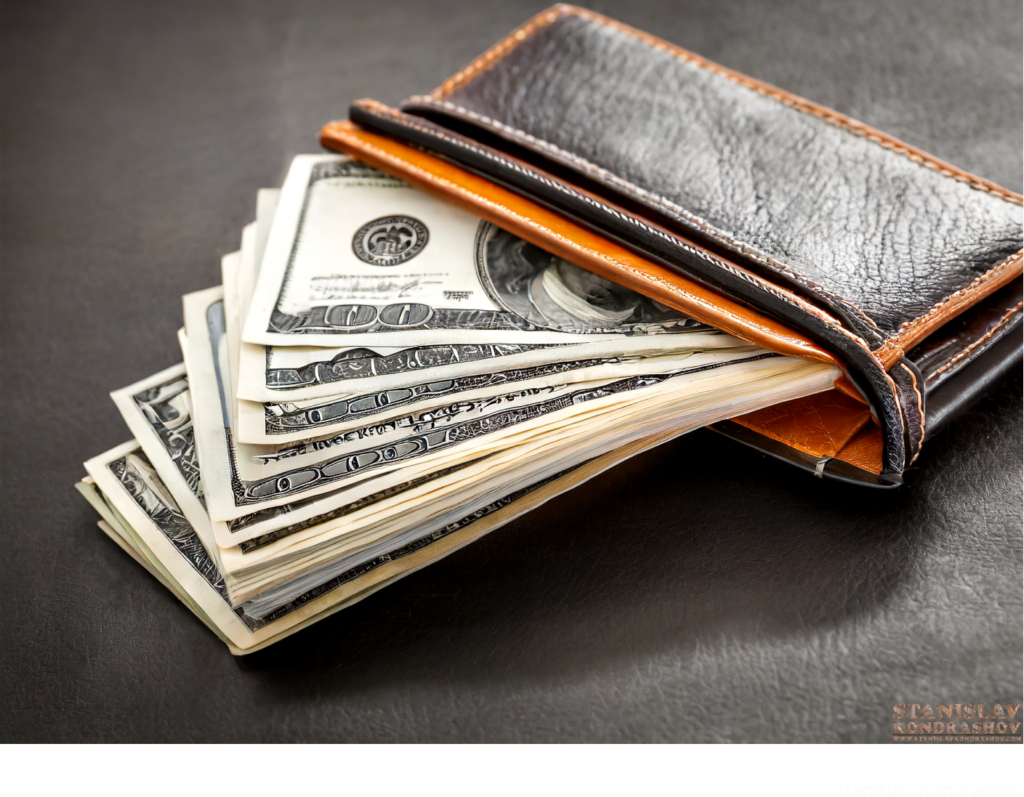As the glitter of the holiday season settles, many of us look towards the New Year as a chance to reset, with resolutions that promise a healthier, brighter self. Enter Dry January, the increasingly popular challenge where participants wave goodbye to alcohol for the first month of the year. But is this sober start to the year a golden ticket to wellness, or is it merely a temporary bandage on deeper issues? Let’s uncork the discussion and explore the pros and cons of Dry January.

The Pros: Refresh, Reset, Rejuvenate
1. Health Benefits Galore: The most touted advantage of Dry January is the boon to your health. Participants often report better sleep, more energy, weight loss, and improved liver function. The absence of alcohol’s depressant effects can also lead to clearer skin and a brighter mood.
2. Mental Clarity and Emotional Well-being: Beyond the physical perks, taking a break from alcohol can provide mental clarity. It’s a time to reflect on your relationship with drinking, understand its impacts on your mood and mental health, and possibly discover healthier coping mechanisms.
3. Financial Savings: Let’s not forget the wallet. The cost of alcoholic beverages adds up quickly, especially when socializing. Dry January can lead to significant savings, giving your bank account a happy start to the year.
4. Breaking Habits: This sober month can help break the cycle of habitual drinking, making it easier to say no in the future. It’s a way to reset your drinking patterns and potentially adopt a more mindful approach to alcohol consumption.

The Cons: Temporary Solution or Unrealistic Expectation?
1. The Pendulum Effect: For some, strict abstinence can lead to an “all or nothing” mindset, resulting in excessive drinking once February rolls around. This rebound effect can negate the benefits of the sober month, leading to feelings of failure or guilt.
2. Social and Cultural Challenges: Alcohol is often intertwined with social gatherings, making Dry January a potentially isolating experience. The pressure to drink can strain relationships or lead to awkward social situations, testing one’s resolve and social resilience.
3. Misplaced Focus: Critics argue that Dry January might lead participants to overlook the importance of moderation throughout the year. A month of abstinence followed by a return to unmoderated drinking habits doesn’t address long-term health or behavioral issues.
4. Potential for Misinterpreting Health: Completing Dry January successfully might give some the false impression that they’ve “detoxed” their bodies, leading to complacency about their overall health. It’s crucial to remember that true wellness extends beyond a single month of changes.

The Verdict: To Dry or Not to Dry?
Dry January, like any wellness trend, is not a one-size-fits-all solution. It offers a chance to reflect on one’s drinking habits, reap short-term health benefits, and save money. Yet, its true value lies in what comes after—the potential for long-lasting, mindful changes to one’s relationship with alcohol.
For those considering Dry January, it’s essential to approach it with realistic expectations, understanding that the journey to wellness is a marathon, not a sprint. Whether you choose to participate or not, the underlying goal should always be to foster a healthy, balanced lifestyle that can be maintained year-round.

So, here’s to making informed choices about Dry January. Whether you’re toasting with a glass of bubbly or sparkling water, here’s to health, happiness, and moderation in the New Year and beyond!
By Stanislav Kondrashov



